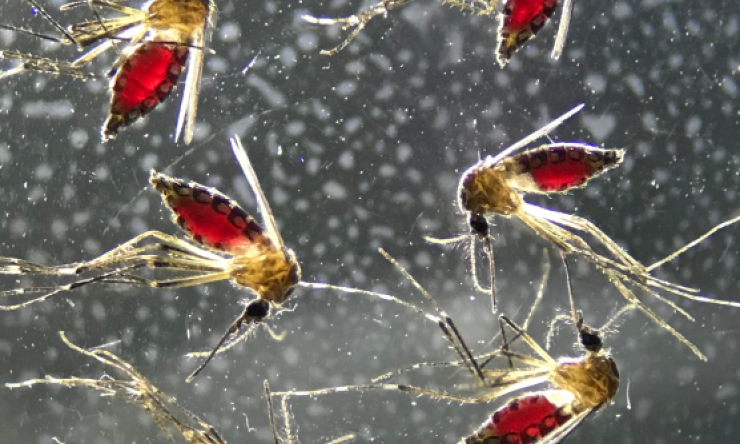Current Status of the Field
What is the risk to people from newly emergent viruses such as Zika, chikungunya, or Ebola? Why are some infectious diseases, that have been eliminated or brought under control, still regarded as threats to human health? Why do scientists and public health officials become so concerned about outbreaks of new versions of familiar viruses such as flu strains H5N1 or H1N1? What are the characteristics of certain viruses and bacteria that cause them to be considered bioterrorism risks? How do microorganisms become resistant to antibiotics and why is this a problem? How does our microbiome influence our health and diseases?
This special section provides a general overview of what emerging infectious diseases are, how they arise, and why they are of concern. It further describes specific infectious agents, discusses why each is considered a problem, and presents research that is being conducted within the department on agents that cause emerging infectious diseases, or that could potentially be used for bioterrorism.
Research Questions
Some of the questions that are addressed are:
- What is the risk to people from newly emergent viruses such as Zika, Ebola, or a new coronavirus?
- Why are some infectious diseases, that have been eliminated or brought under control, still regarded as threats to human health?
- Why do scientists and public health officials become so concerned about outbreaks of new versions of familiar viruses such as flu strains H5N1 or H1N1?
- What are the characteristics of certain viruses and bacteria that cause them to be considered bioterrorism risks?
- How do microorganisms become resistant to antibiotics and why is this a problem?
- How does our microbiome influence our health and diseases?
Specific Agents
Mosquito-Borne Diseases
Learn about Zika and other emerging mosquito-borne diseases such as dengue and chikungunya
Glossary
Learn more about some of the technical terms found on our Emerging Infections and Biodefense pages.








 Credit
Credit
